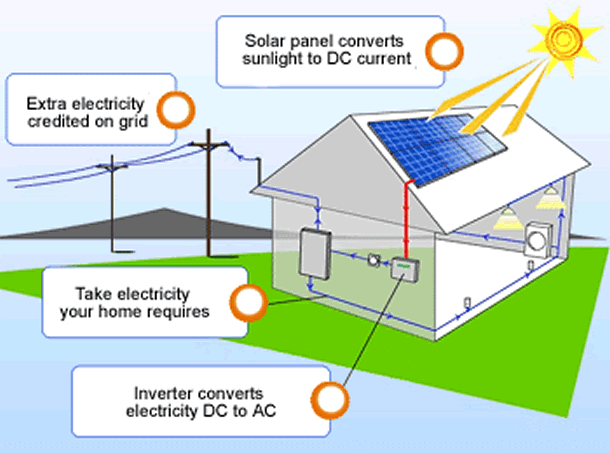In my previous article I wrote about Wind Energy. Today I would like to cite some facts about Solar Energy. Recently I read an article where a Swedish firm seeks to revolutionize solar energy production by creating a new solar electricity generation system that developers claim is the most efficient in the world. It is currently being tested in South Africa’s Kalahari desert. The Stirling engine was developed by Reverend Robert Stirling in Edinburgh in 1816 as an alternative to the steam engine. It uses alternate heating and cooling of an enclosed gas to drive pistons, which turn a flywheel. Because of the material limitations at the time, the advanced stirling engine that Ripasso uses was not commercially developed until 1988, when Swedish defence contractor Kokums started making them for submarines.
Reading this article, I became more curious about Solar energy which lead me to find some facts, pros or cons about it. Let’s have a quick look about it.
1) Sustainable : 73,000 terawatts of solar energy shine down on the Earth’s surface every day, which is 10,000 times the daily global energy use. So imagine so much energy we can tap everyday.
2) Reduced Electricity cost : Well, no need to discuss a lot about it. When the batteries are fully charged, our electricity bill will be less.
3) No Noise: Solar panels don’t create any noise like Wind turbines do.
Cons:
1) Initial investment: Installing solar panels can be quite expensive initially. Even though they don’t need high maintenance, changing the batteries could also add to the cost. A good Solar panel can last upto 2- to 25 years
2) No Sun, no energy : Solar panels can be ‘only’ useful if sunlight is available for most days during the year. If you live in a area where it rains or snows a lot. It might not be a good idea to install it
3) Not completely clean energy : While solar power certainly is less polluting than fossil fuels, some problems do exist. Some manufacturing processes are associated with greenhouse gas emissions. Nitrogen trifluroide and sulfur hexafluoride has been traced back to the production of solar panels. These are some of the most potent greenhouse gases and have many thousand times the impact on global warming compared to carbon dioxide. Transportation and installation of solar power systems can also indirectly cause pollution ( even though very little)
In the end installing Solar Panels still still have higher advantage.



